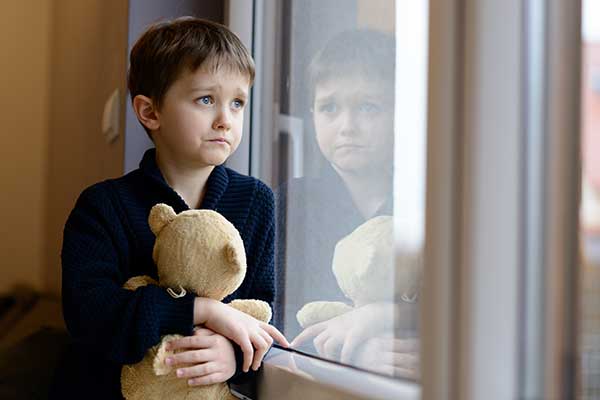Children sometimes say that they want to stop seeing their other parent.
In fact, sometimes that child or children are flatly refusing to have anything to do with the parent they do not primarily live with after separation. Not all cases mean that a child has become seriously alienated.


Parental Alienation Explained
In January 2018 Jill Goldson trained with Karen Woodall at the The Family Separation Clinic, in London. Karen is a recognised expert in the management of child and parent alienation and offers training to experienced practitioners.
Some children will display an alienation reaction because of the conflicted dynamics around them – others show a justified rejection because of upsetting or abusive behaviour from a parent.
A third category involves children who perceive one parent as “all good” and the other parent as “all bad”. A previously loved parent is now demonised by that child,and the child will demonstrate fear ,hysteria and deep hatred of that parent. In this mix we typically find an aligned parent who shows implacable hostility to the alienated parent. Despite their words, the aligned parent either does nothing to help resolve the situation – or in fact will encourage the child to withdraw completely from their other parent.
It is well known that children struggle to cross the ‘transition bridge’ from one parent to the other when parents are in conflict. The significant key to such heartbreaking cases is the understanding the dynamics of the situation.
Jill’s professional work with alienation begins with a differentiation process, in order to understand the reasons for the child’s withdrawal This understanding can be achieved relatively quickly via well researched treatment routes.
True parental alienation is considered an abuse which is on a par with other child abuses, and which many international jurisdictions now classify as a crime.
The damage done to a child, as a result of being poisoned against a loving parent, is serious and long lasting. Progress is increasing internationally in the understanding and treatment of such cases.
In New Zealand, there is a wide variation of understanding about these cases. The wilful refusal of one parent to comply with contact orders is less and less tolerated. But the delay factor, still so characteristic of such cases is very harmful.
It is important to name and understand alienation correctly, and as early as possible. And to work on a path forward to resolve it.
